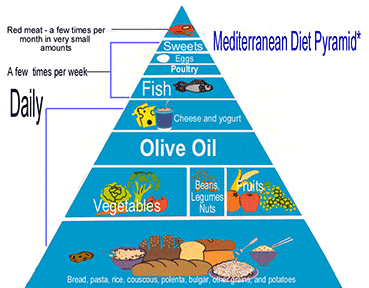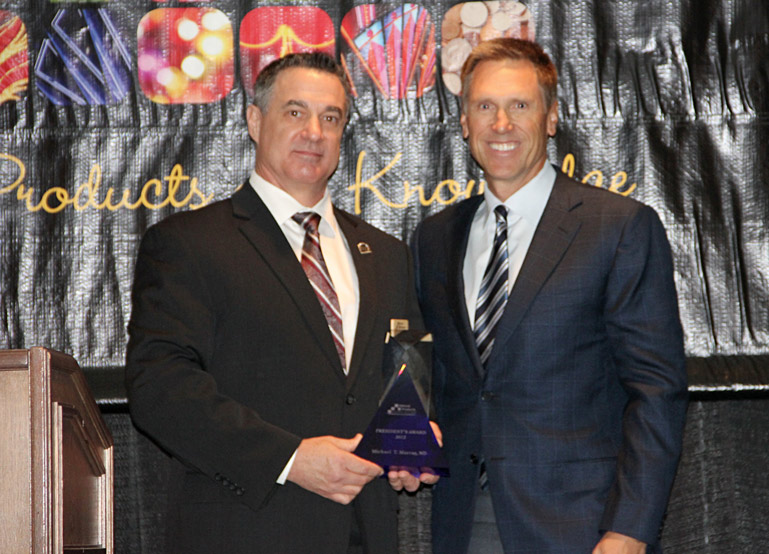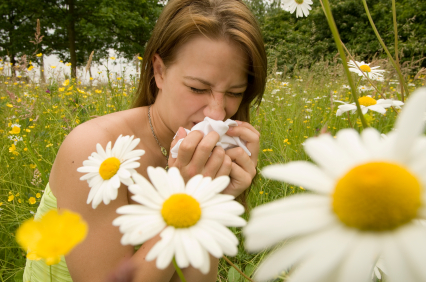
by admin | Aug 14, 2012 | Natural Facts, Newsletter thru 2013
Background: Of all the foods available on planet Earth, perhaps the most magical (and interesting) is chocolate. This delectably seemingly addictive food is produced from the beans of the cacao tree whose official name Theobroma cacao reflects the long standing love...

by admin | Aug 5, 2012 | Natural Facts, Newsletter thru 2013
Background: There is no question that dietary habits can affect your health and risk for disease via a number of mechanisms. What you may not know that diet can also affect the way in which our DNA – our genetic material – is expressed. Our genes provide...

by admin | Aug 1, 2012 | Natural Facts, Newsletter thru 2013
Congratulations Mike on receiving the Natural Products Association President’s Award this year! Dr Murray’s Acceptance Speech [hana-flv-player video=’http://doctormurray.com/wp-content/uploads/2012/07/Presidents-award-2012_1.flv’...

by admin | Jul 25, 2012 | Natural Facts, Newsletter thru 2013
Background: Airborne allergens, such as pollen, dander, and dust mites, can lead to hayfever and asthma symptoms. There is some evidence that probiotics may be helpful in preventing and treating these allergic conditions. Specifically, studies have shown that giving...

by admin | Jul 25, 2012 | Natural Facts, Newsletter thru 2013
In an election year, healthcare practices and policies are top of mind. How does natural medicine fit into the mix? The answer is in embracing wellness-oriented medicine. Wellness-oriented medicine provides a practical solution to escalating healthcare costs and poor...

by admin | Jul 12, 2012 | Natural Facts, Newsletter thru 2013
Winner of the prestigious 2012 “President’s Award” from the Natural Products Association Dr. Murray may have educated you, talked shop with you, given you personal health advice or even played golf with you! In one way or another, he has impacted the lives of so many...









